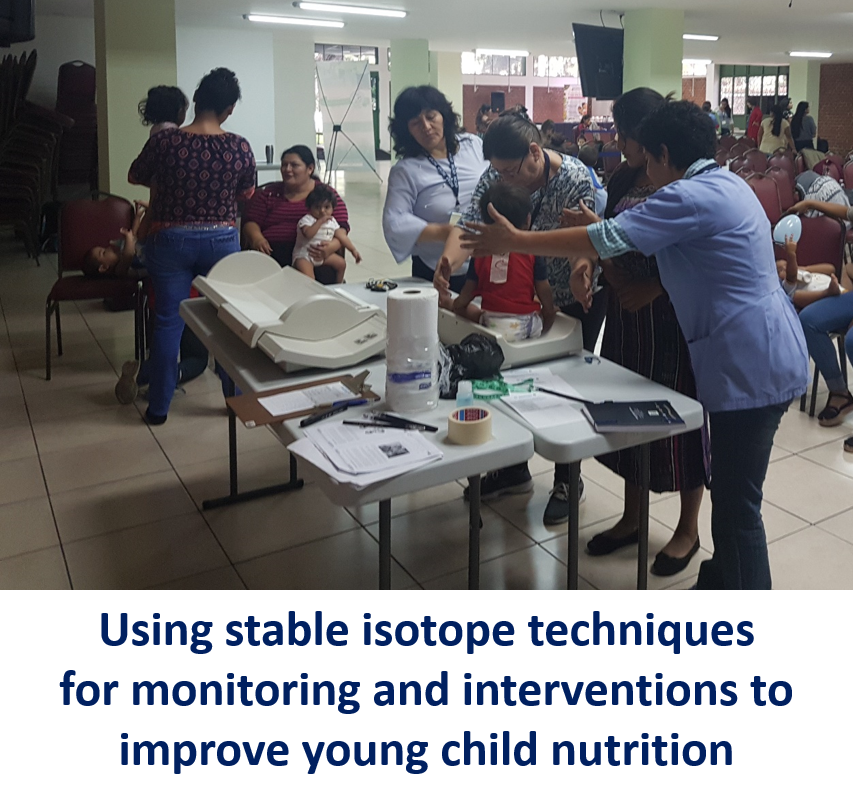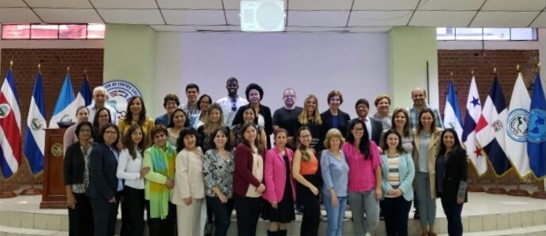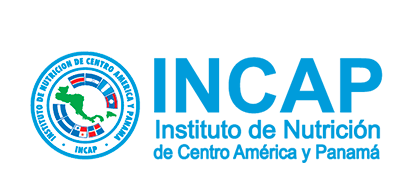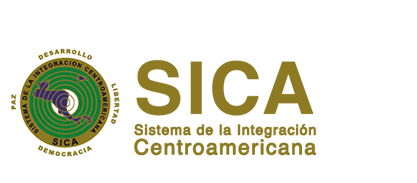

Using Stable Isotope Techniques for Monitoring and Interventions to Improve Young Child Nutrition
|
Participating countries |
Argentina, Brazil, Bolivia, Chile,
Costa Rica, Cuba, Guatemala, Honduras, Jamaica, Panama, Paraguay, Dominican
Republic, Uruguay. |
|
Funding institutions |
International Atomic Energy Agency
(IAEA) |
|
CIIPEC Researchers |
Manuel Ramirez-Zea, MD, PhD Fernanda Kroker Lobos, MSc, PhD |
|
Abstract |
This regional research project aims to
create body composition reference charts specific for the region that could
be used to control body fat and fat free mass, which will strengthen the
evaluation of childhood interventions to improve the nutritional status of
Latin American children. This project will also evaluate the food habits and
energy expenditure on this group of children. |
|
General objective |
Establish
body composition reference data for healthy infants between 6-24 months of
age of the Latin American region, using isotope stable techniques (deuterium
oxide dilution). |
|
Methodology |
This multicenter research project will
collect the following information: Mother`s general information:
anthropometry, sociodemographic data, obstetric data, and food safety scale. Infant`s information: anthropometry
data at birth, food frequency, anthropometry, total body water by deuterium
dilution, hours of sleep and total energy expenditure. |
|
Project duration |
2018-2020 |
|
|
















